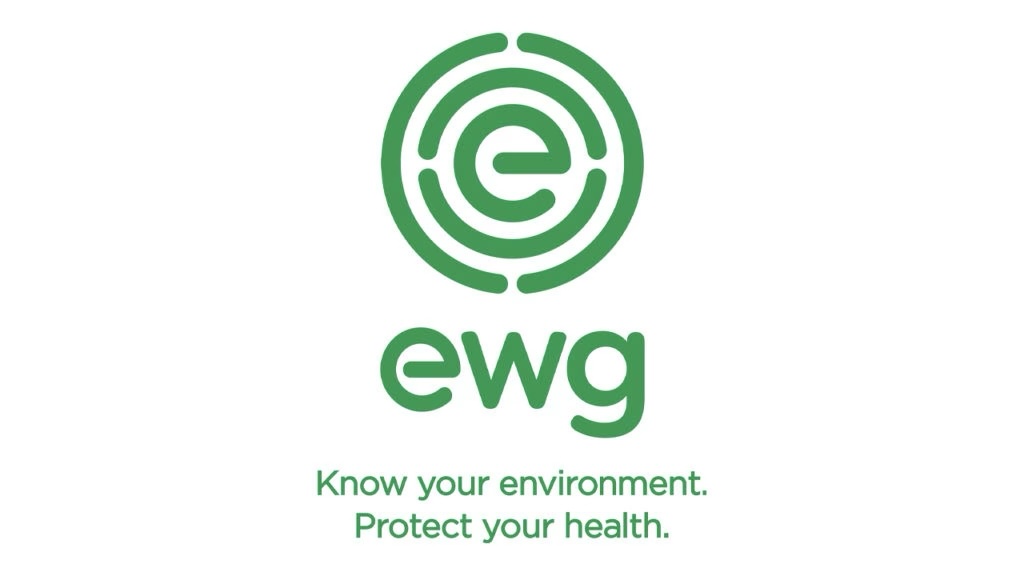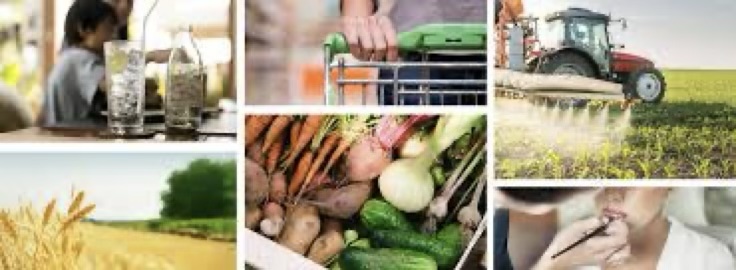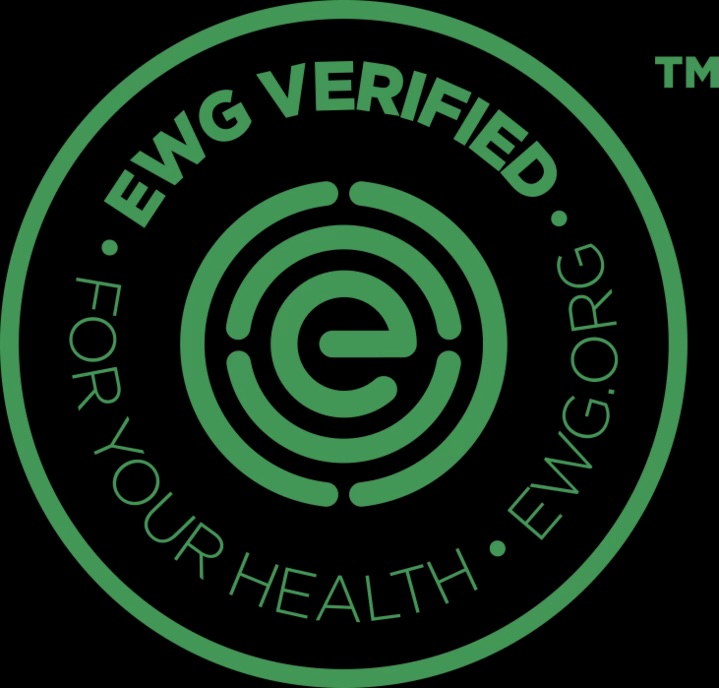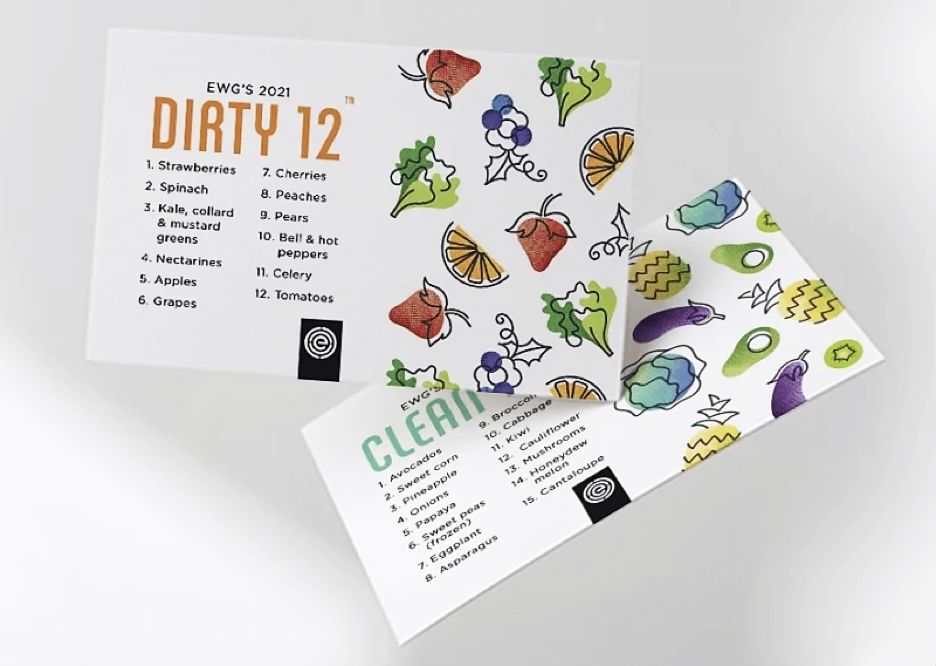One SIMPLE Tweak for a Happy and Healthier New Year!
As we move into the new year, we might want to look at what we can do differently to improve our health. I’m not talking “New Year’s Resolutions,” but rather just a tweak or two here and there.
One easy tweak is to consider trying is what the Environmental Working Group (EWG) calls “The Dirty Dozen.” For those that haven’t heard of the EWG, they’re a nonprofit, nonpartisan organization that works to protect human health and the environment. In a nutshell, their mission is to:

- Empower people to live healthier lives in a healthier environment
- Drive consumer choice and civic action
- Stand up for public health when government and industry won't

Because of these conditions, and in response to them, the EWG is involved in:
- Regulating chemicals
- Promoting organic food
- Opposing modern agricultural practices
- Reforming chemical safety and agricultural laws
- Pushing industries to adopt standards
- Standing against chemicals of concern
- Educating consumers
- Inspiring demand for safer products
- Helping consumers choose safer household and consumer products
- Rating more than 120,000 food and personal care products in their free Healthy Living App

Well, with that explanation, back to the “Dirty Dozen:” As the EWG has watchdogged the agriculture industry, their research has consistently shown which foods are safe to eat and which are truly harmful to health. Of the 46 items included in their analysis, these 12 fruits and vegetables were most contaminated with pesticides (listed from worst to least-worst). These are the ones to consider purchasing as “organically grown:”
- Strawberries
- Spinach
- Kale, collards, mustard greens
- Grapes
- Peaches
- Pears
- Nectarines
- Apples
- Bell and hot peppers
- Cherries
- Blueberries
- Green beans

With all this happy news in mind, what can we do about it? We can support organic farmers by going to www.ewg.org/foodnews/dirty-dozen and enter our email address to get a downloadable version of the Clean Fifteen™ and Dirty Dozen™ lists to use as our produce shopping guide this new year. It’s a simple way to reduce exposures to toxic pesticides—a simple tweak to improving our health.
Here’s to a happy and healthier New Year!
 Alice Osborne
Alice Osborne
Weekly Newsletter Contributor since 2006
Email the author! alice@dvo.com
